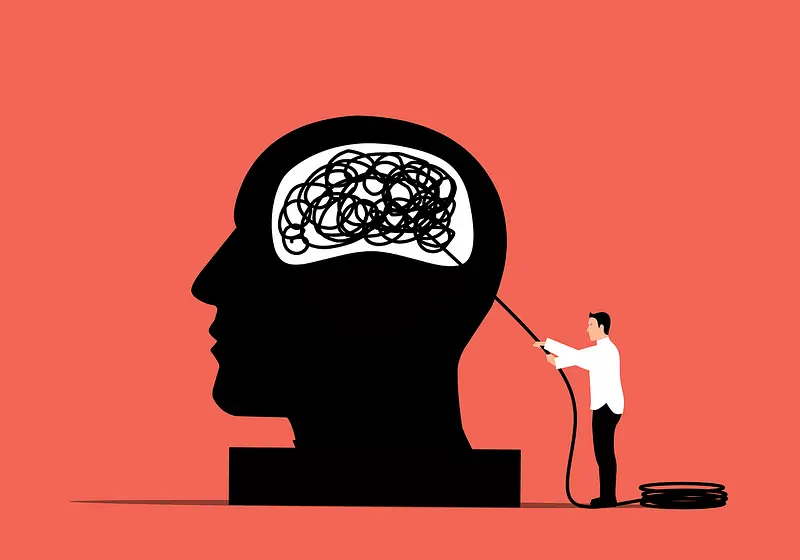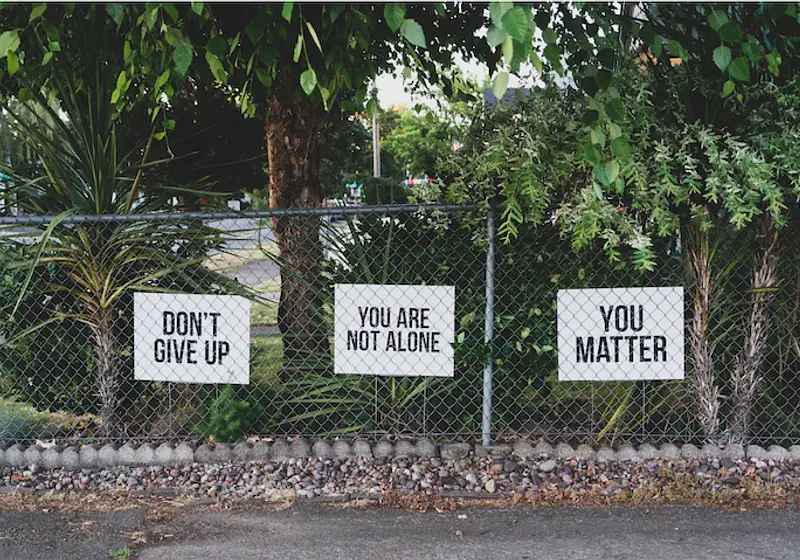Depression, a pervasive and complex mental health disorder, casts a shadow over the lives of millions worldwide, affecting individuals of all ages, backgrounds, and walks of life. Characterized by persistent feelings of sadness, hopelessness, and a lack of interest or pleasure in once-enjoyed activities, depression is a formidable adversary that can significantly impair an individual's ability to function in daily life.
At its core, depression extends beyond the occasional bouts of sadness that are inherent to the human experience. It represents a prolonged and deep-seated emotional state that disrupts cognitive processes, alters mood regulation, and impedes the ability to navigate life's challenges. The World Health Organization identifies depression as a leading cause of disability globally, highlighting its far-reaching impact on individuals and society as a whole.
Let us slide into your dms 🥰
Get notified of top trending articles like this one every week! (we won't spam you)Understanding Depression:
Before diving into supportive strategies, it's essential for teens to have a basic understanding of depression. Depression is more than just occasional feelings of sadness; it is a persistent and overwhelming sense of despair that can impact daily life. Symptoms include changes in sleep patterns, appetite, energy levels, and a loss of interest in activities once enjoyed.
Take the Quiz: Are you "Delulu"?
Are you grounded in reality, or letting your overthinking run the show?
Ways Teens Can Support Others:
1. Be a Good Listener: Teens should cultivate the skill of active listening. When a friend expresses feelings of sadness or hopelessness, it's crucial to provide a non-judgmental and empathetic ear. Avoid offering immediate solutions; instead, focus on understanding their emotions.
2. Encourage Professional Help: While being supportive, teens should also encourage their friends to seek professional help. Therapists, counselors, and mental health professionals are trained to provide the necessary support and guidance for individuals dealing with depression.
3. Destigmatize Mental Health: Teens can actively work towards destigmatizing mental health by engaging in open conversations and challenging stereotypes. Sharing stories of personal struggles or victories can contribute to creating a more accepting and understanding environment.
4. Learn the Warning Signs: Understanding the warning signs of depression enables teens to recognize when their friends might be struggling. Changes in behavior, withdrawal from social activities, and significant shifts in mood are indicators that should not be overlooked.
5. Offer Practical Assistance: Simple gestures like offering to accompany a friend to a therapy session, helping with schoolwork, or providing a supportive presence during challenging times can make a significant difference.
Ways Teens Can Empower Themselves:
1. Prioritize Self-Care: Teens need to recognize the importance of self-care in maintaining good mental health. This includes establishing a routine, getting enough sleep, eating nutritious meals, and engaging in activities that bring joy and relaxation.
2. Build a Supportive Network: Cultivating a network of supportive friends and family members can be a crucial aspect of maintaining mental well-being. Having people to turn to in times of need provides a sense of security and connection.
3. Develop Coping Strategies: Teens should explore and adopt healthy coping mechanisms for stress and anxiety. This might involve practicing mindfulness, engaging in physical activities, or expressing emotions through creative outlets like writing or art.
4. Set Realistic Goals: Setting achievable goals and breaking them down into smaller tasks can help teens build a sense of accomplishment. This approach prevents feeling overwhelmed and fosters a positive mindset.
5. Seek Professional Help When Needed: Recognizing when professional help is necessary is a sign of strength, not weakness. If feelings of sadness or despair persist, seeking therapy or counseling can provide valuable insights and tools for managing mental health.
Depression awareness is a collective effort that requires empathy, understanding, and active engagement from teens. By supporting their peers and prioritizing their own mental well-being, adolescents can contribute to creating a culture of compassion and resilience. Nurturing minds involves not only reaching out to others but also empowering oneself with the knowledge and tools to navigate the complexities of mental health. As teens embrace these principles, they play a vital role in fostering a supportive community that values and prioritizes mental health for everyone.








.jpg)






